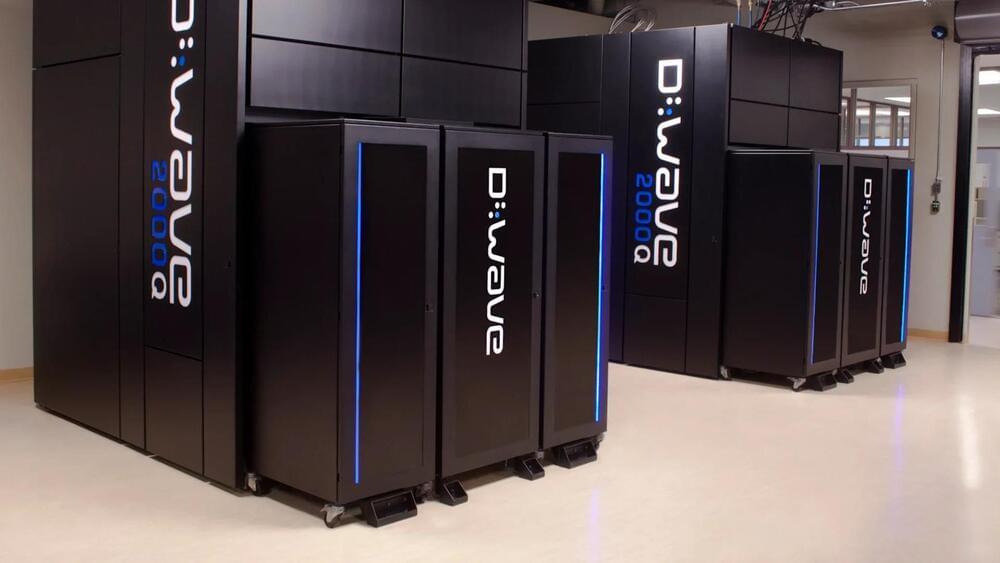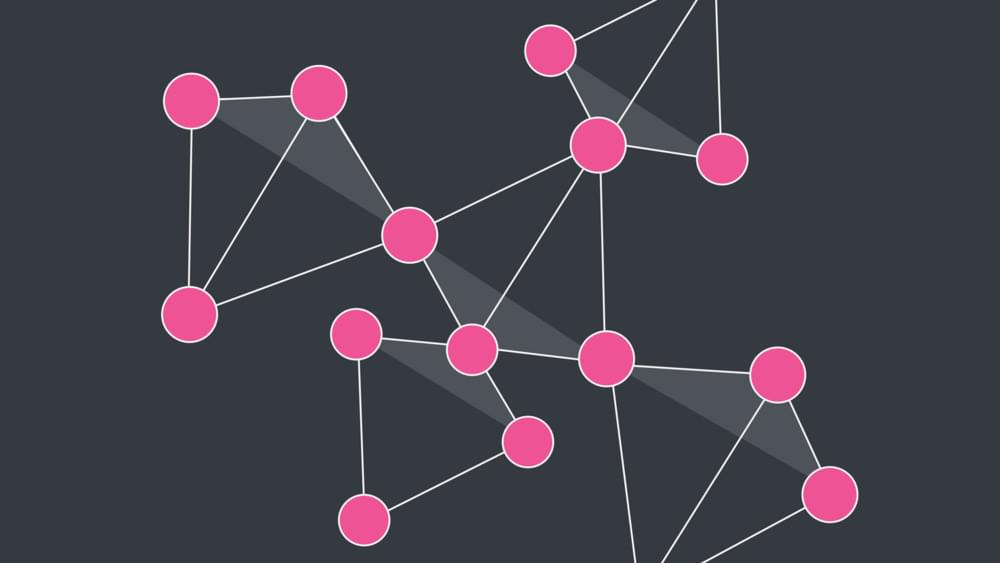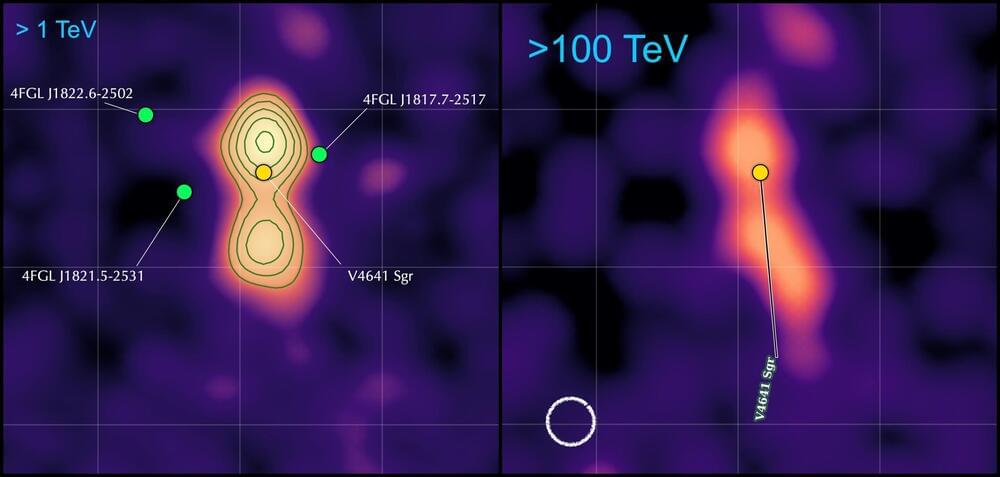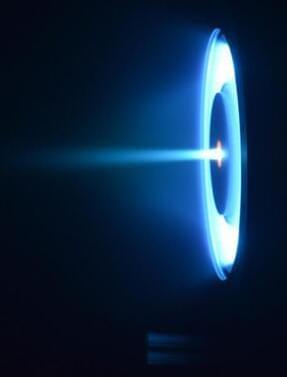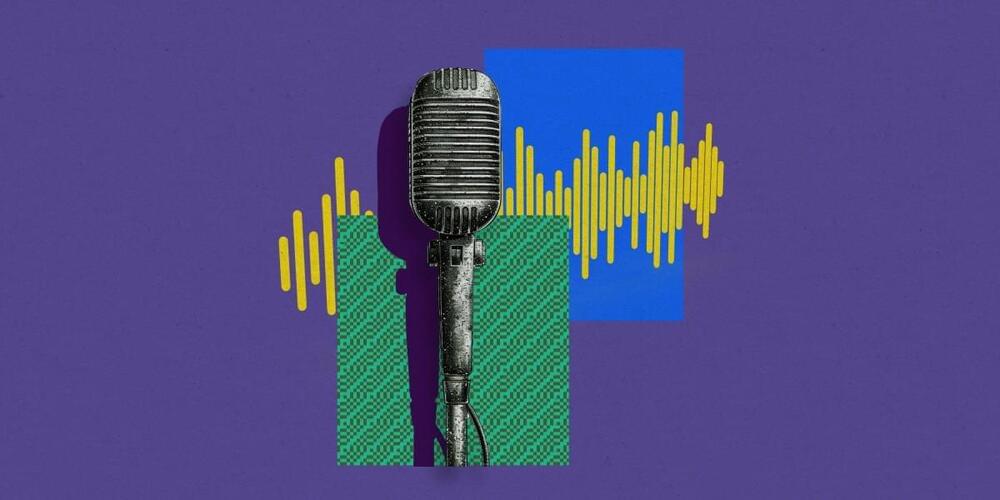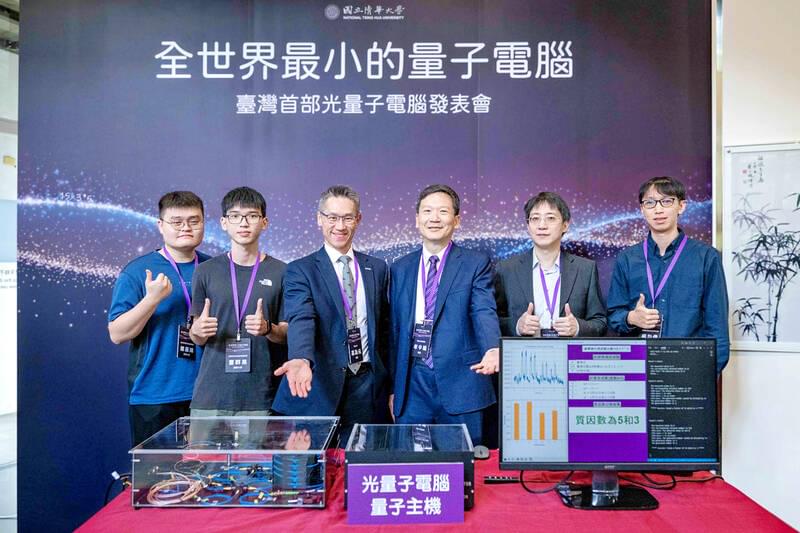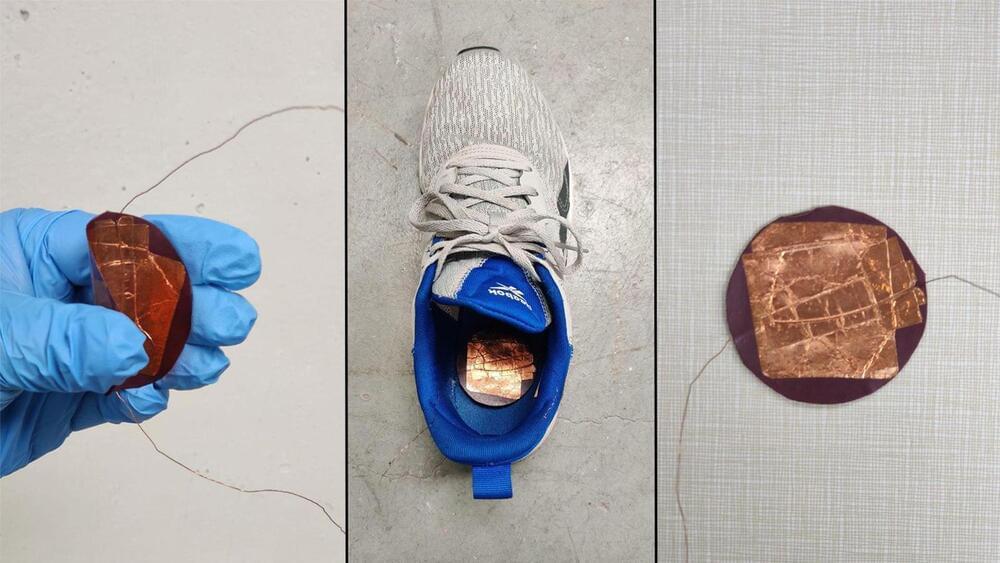Oct 19, 2024
In a global first, quantum computers crack RSA and AES data encryption
Posted by Omuterema Akhahenda in categories: computing, encryption, information science, quantum physics
A team of Chinese researchers, led by Wang Chao from Shanghai University, has demonstrated that D-Wave’s quantum annealing computers can crack encryption methods that safeguard sensitive global data.
This breakthrough, published in the Chinese Journal of Computers, emphasizes that quantum machines are closer than expected to threatening widely used cryptographic systems, including RSA and Advanced Encryption Standard (AES).
The research team’s experiments focused on leveraging D-Wave’s quantum technology to solve cryptographic problems. In their paper, titled “Quantum Annealing Public Key Cryptographic Attack Algorithm Based on D-Wave Advantage,” the researchers explained how quantum annealing could transform cryptographic attacks into combinatorial optimization problems, making them more manageable for quantum systems.
